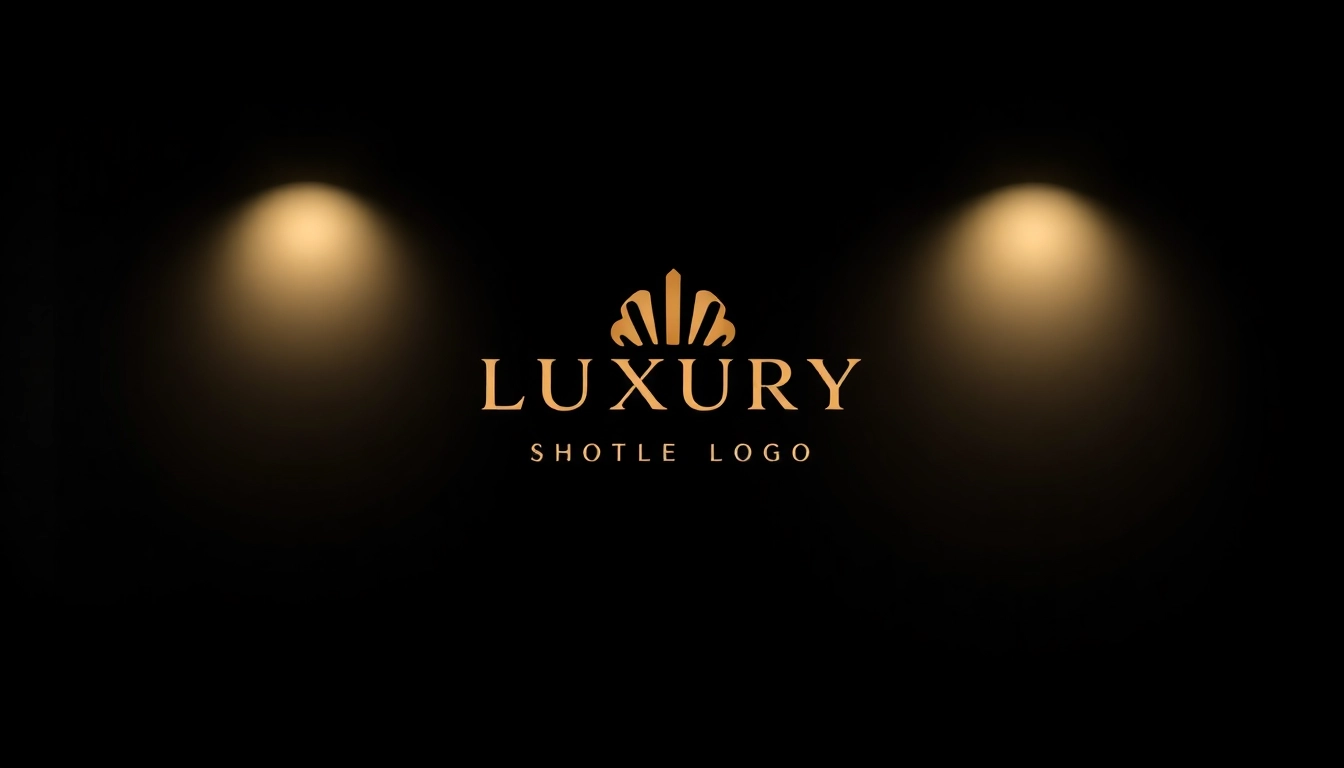Introduction to Fendi Mission Statement
Fendi is a luxury fashion house renowned for its exquisite craftsmanship and innovative designs. At the heart of its operations lies a profound fendi mission statement that reflects the brand’s commitment to quality, creativity, and social responsibility. Understanding this mission offers insight into the principles that guide Fendi’s activities in a fast-paced and ever-evolving market.
Understanding the Brand’s Core Values
Fendi’s core values are deeply intertwined with the elements of artistry and tradition. The company embodies a unique heritage, marrying the traditions of Italian craftsmanship with modern style and innovation. These core values are not mere slogans; they inform every decision made within the company, from design choices to customer interactions, and play a crucial role in their cultural impact on the fashion industry.
Craftsmanship is celebrated at Fendi. The brand engages artisans who utilize time-honored techniques, which is indicative of the brand’s dedication to quality. This commitment to preserving artisanal skills while incorporating contemporary aesthetics has propelled Fendi to the forefront of luxury fashion. It positions the brand not just as a retailer but as a curator of culture and style.
Importance of Craftsmanship in Fendi
Attention to detail defines Fendi’s craftsmanship. Each piece produced by the brand undergoes meticulous creation processes where skilled artisans pour their expertise and creativity into the work. This unyielding focus on craftsmanship establishes a level of quality that goes beyond the surface; it’s a reflection of the brand’s heritage and the passion that drives the team behind each item.
Many fashion houses have streamlined production processes in favor of speed and cost-efficiency, but Fendi has remained steadfast in prioritizing craftsmanship. The brand’s philosophy asserts that true luxury is embodied in the quality of materials used and the skills of the craftsmen behind the product. This philosophy resonates strongly with consumers who value authenticity and connection to the heritage of their purchases. As a result, Fendi has cultivated a dedicated customer base that appreciates the intricacies of fine craftsmanship.
Fendi’s Commitment to Quality Excellence
Quality excellence is a cornerstone of Fendi’s identity. Achieving this excellence involves a stringent quality control process that ensures every product meets the brand’s high standards. This involves comprehensive evaluations of materials, production techniques, and finished goods. The brand’s insistence on high-quality materials exemplifies its understanding that quality is not merely a feature—it’s foundational to luxury.
Fendi’s commitment also entails engaging directly with its supply chain to ensure ethical practices and sustainable sourcing. This longitudinal approach to quality, from conception through to production and distribution, demonstrates the brand’s holistic view of what it means to deliver luxury.
Components of the Fendi Mission Statement
Fendi’s mission statement is multifaceted, encompassing elements that promote sustainability, drive innovation, and uphold a strong sense of social responsibility. These components work together not only to shape the brand’s identity but also to navigate and influence its direction within the global market.
Emphasis on Sustainability in Practices
Sustainability has emerged as a fundamental principle in the modern fashion industry, and Fendi is no exception. The brand incorporates sustainable practices across its operations, from design to distribution. Fendi’s commitment to sustainability is reflected in its use of eco-friendly materials and processes that reduce environmental impact.
For instance, the brand is incorporating recycled materials into its product lines and exploring innovative methods to minimize waste during production. This corporate ethos speaks to a growing consumer demand for brands that prioritize environmental stewardship. By committing to sustainability, Fendi not only addresses contemporary environmental challenges but also positions itself as a pioneer among luxury brands recognizing the need for responsible fashion.
Innovation as a Driving Force
Innovation constitutes a vital part of Fendi’s mission statement. Known for its cutting-edge designs, Fendi invests in research and development to blend technology with artistry effectively. By embracing innovation, the brand not only enhances its product offerings but also solidifies its status as an industry leader.
The brand routinely experiments with new materials and techniques to push the boundaries of traditional fashion. Collaborations with contemporary artists and designers have led to iconic collections that redefine luxury and elegance. This innovative spirit is a significant factor behind Fendi’s sustained appeal among fashion connoisseurs and younger audiences alike, keeping the brand relevant in a crowded market.
Fendi’s Cultural and Social Responsibility
Social responsibility is another significant component of Fendi’s mission statement. The brand acknowledges its influence and role in the fashion ecosystem and seeks to uphold culturally responsible practices. This commitment translates into initiatives that support local artisans and communities, ensuring that support is not merely financial but integrative.
Fendi engages in various cultural projects that promote art and community consciousness, further establishing its commitment to societal well-being. Such initiatives add depth to the brand’s identity, allowing it to resonate with consumers’ aspirations for social impact alongside luxury consumption.
Impact of Fendi Mission Statement on Brand Identity
The Fendi mission statement plays an instrumental role in shaping the brand’s identity. As the brand navigates changing consumer expectations and market dynamics, its mission statement acts as a compass, guiding decisions and ensuring authenticity in communication.
Consumer Perceptions and Brand Loyalty
Consumer perceptions are profoundly influenced by the principles outlined in Fendi’s mission statement. A clear and authentic commitment to craftsmanship, quality, sustainability, and innovation builds trust and loyalty among consumers. When customers perceive that a brand aligns with their values, they are more likely to remain loyal and become advocates.
Fendi has successfully cultivated a strong emotional connection with its consumers by communicating its mission effectively. This emotional connection not only translates into repeat purchases but also fosters brand advocacy, where loyal customers promote the brand to their networks, amplifying its reach organically.
Influence on Product Development
Fendi’s mission statement directly influences its product development strategies. Each collection is a testament to the brand’s dedication to quality and innovation, as seen through the intricately designed accessories, clothing lines, and other artistic projects. The principles articulated in the mission statement guide designers and product managers in balancing creativity with functionality.
Additionally, understanding consumer preferences and integrating them into product development processes has been crucial. By embracing sustainable practices and innovative design, Fendi ensures its offerings not only meet consumer demands but also reflect its commitment to ethical practices.
Case Studies of Fendi Initiatives
Analyzing specific initiatives undertaken by Fendi provides rich insight into how the brand operationalizes its mission statement. One notable initiative includes partnerships with local artisans, allowing the brand to maintain traditional crafting techniques while supporting local economies.
Such programs not only preserve cultural heritage but also enrich Fendi’s brand storytelling, allowing consumers to connect with the narratives behind their purchases deeply. Additionally, Fendi has launched various sustainability initiatives, including attempts to reduce water and energy consumption in production processes. These efforts exemplify how the brand actively engages with its mission statement.
How the Fendi Mission Statement Guides Business Strategy
Corporate mission statements serve as guiding beacons within organizations, shaping business strategy and operations. At Fendi, the mission statement plays a pivotal role in aligning business objectives with constructive values and goals.
Aligning Business Goals with Core Values
Fendi’s business strategy is intricately aligned with its core values as expressed in its mission statement. This alignment ensures that every strategic decision, whether related to marketing, production, or supply chain management, reflects the brand’s commitment to luxury, quality, and social responsibility.
By prioritizing these core values, Fendi not only differentiates itself from competitors but also reinforces its identity as a luxury brand dedicated to excellence. Such alignment allows for seamless communication of the brand’s unique value proposition to consumers, further enhancing its luxury positioning.
Internal Policies Reflecting Company Mission
Fendi’s internal policies are designed to reflect its mission statement at every level. This means cultivating an organizational culture that reinforces craftsmanship, quality standards, and sustainable practices. Employee training programs, for instance, emphasize the importance of these core values, ensuring that every team member understands their role in delivering on the brand’s promise.
Moreover, Fendi’s hiring practices focus on attracting individuals who resonate with the company’s cultural values, ensuring that the workforce is not only skilled but also deeply invested in maintaining the brand ethos.
Measuring Success against Mission Objectives
Fendi continuously evaluates its performance based on the objectives set forth in its mission statement. Metrics related to sustainability, product quality, and consumer engagement serve as benchmarks to ensure alignment with its mission. These measurements are crucial for assessing the effectiveness of strategy deployment and guiding future improvements.
By employing analytics and consumer feedback, Fendi identifies areas for development while committing to transparent communication about its practices. This ensures that the brand remains accountable to its consumers and stakeholders.
Future of the Fendi Mission Statement
As the luxury market evolves, Fendi’s mission statement is likely to adapt while maintaining its core principles. The ability to evolve yet remain rooted in tradition is a testament to Fendi’s strength as a brand.
Adapting to Market Changes
Fendi plans to navigate market changes by proactively adapting its mission statement to reflect new challenges and opportunities. This responsiveness is critical in an industry characterized by rapid shifts in trends and consumer preferences.
Being selective about which elements of the mission statement to adjust allows Fendi to remain authentic while preparing for future developments. Such foresight places the brand in a strong position as the fashion landscape continues to transform.
Long-term Vision for Growth
The long-term vision for Fendi incorporates an expansion of its commitment to sustainability and innovation. As consumer expectations rise regarding ecological responsibility, Fendi’s strategic focus will include pioneering advancements in sustainable fashion practices, solidifying its reputation for quality excellence.
Investments in technological innovations, along with a greater emphasis on community engagement, can expand the brand’s reach and reinforce its mission in new markets. This proactive approach will ensure the ongoing resonance of Fendi’s mission statement among consumers.
Keeping the Traditions Alive While Innovating
While Fendi embraces innovation as part of its evolving mission, preserving its rich traditions remains a priority. The brand must balance contemporary practices with the heritage of Italian craftsmanship that has shaped its identity over the years.
Maintaining this balance will require ongoing dedication to the artisans and techniques that symbolize Fendi’s legacy. As Fendi adapts to future challenges, ensuring the legacy of its craftsmanship and design philosophy persists will be key to sustaining its status as a luxury leader.



